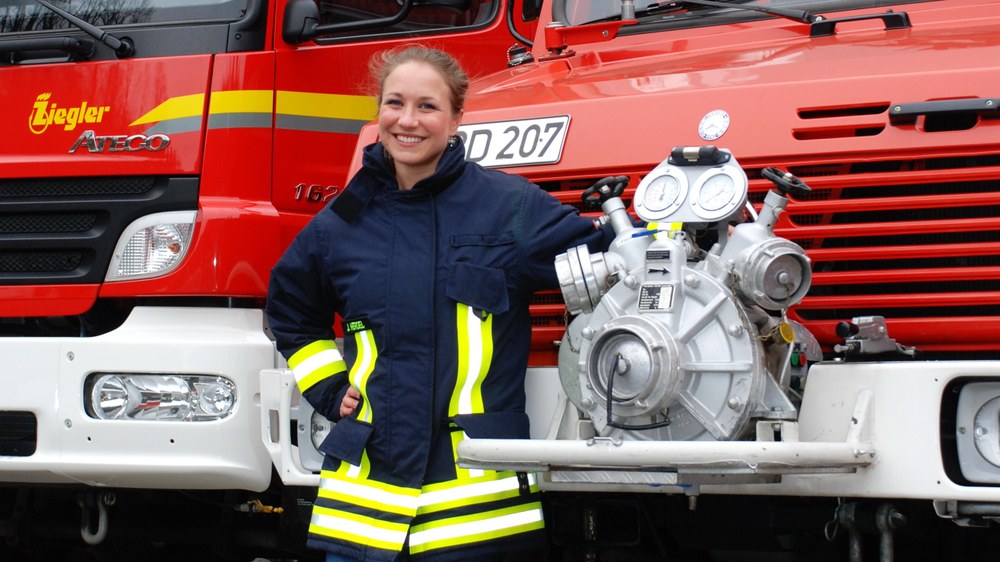DLR Award "Integrated Management System 2020"

Janine Herdel receives the AWARD "Integrated Management System 2020" from the German Aerospace Center (DLR) on 25 February 2021: The head of department at the Institute of Space Propulsion at the DLR site in Lampoldshausen is being honored for her outstanding work on process optimization and merging internal and external requirements in the field of safety.
"This award for Mrs. Herdel gives a strong boost to safety at the site. Safety regulations and, more precisely, the Federal Immission Control Act define our day-to-day work on the test benches for liquid chemical space propulsion systems. Added to this is the "Zero Emission" project, which focuses on the production and use of "green" hydrogen," says Prof. Stefan Schlechtriem, Director of the Institute of Space Propulsion. "Ensuring safe processes in test operations or at the hydrogen plants are therefore the top priority."

Video: DLR Award "Integrated Management System 2020"
Your consent to the storage of data ('cookies') is required for the playback of this video on Youtube.com. You can view and change your current data storage settings at any time under privacy.
Janine Herdel has made a significant contribution to optimizing the 12th Federal Immission Control Act, also known as the Major Accidents Ordinance, for employees. In particular, the Institute of Space Propulsion must meet the requirements of the Hazardous Incident Ordinance in order to maintain the operation of the test benches and facilities. The Hazardous Incident Ordinance applies because a large quantity of different fuels are stored at the site. But it is not only this ordinance that must be observed: The institute's existing "Integrated Management System (IMH)" combines numerous legal texts from the federal and state governments, the municipality as well as customer requirements and the certified quality management systems of its own organizational units. Janine Herdel used the conversion of the IMH to a wiki interface to analyze the requirements of the Hazardous Incident Ordinance, identify overlaps with other safety regulations and thus supplement the requirements in a comprehensible, understandable and achievable way. The integration of the Major Accidents Ordinance gives every employee an overview of the information relevant to them with access to a single platform. This not only increases efficiency in the workplace, but also creates synergies between the individual interfaces and strengthens the transfer of knowledge.
"My personal motivation is to make the daily work of employees and my team much easier by integrating the Major Accidents Ordinance into the IMH," says Janine Herdel, delighted with the award. She herself has a great interest in ensuring that safety is practiced at the site: "Safety should not be perceived as an additional complication. But to achieve this, you have to make it easy for every employee to see safety as a natural part of their day-to-day work, and we can now map this out using the entire IMH as a central platform."
Every year, DLR honors the outstanding commitment of its employees with the DLR "Integrated Management System" award, which builds on the basic ideas of business excellence and promotes the sustainable development of DLR. Not only the achievement of systematically assured quality in projects or in quality management plays a role here, but also initiatives in areas such as occupational safety, environmental protection, security or energy management.
